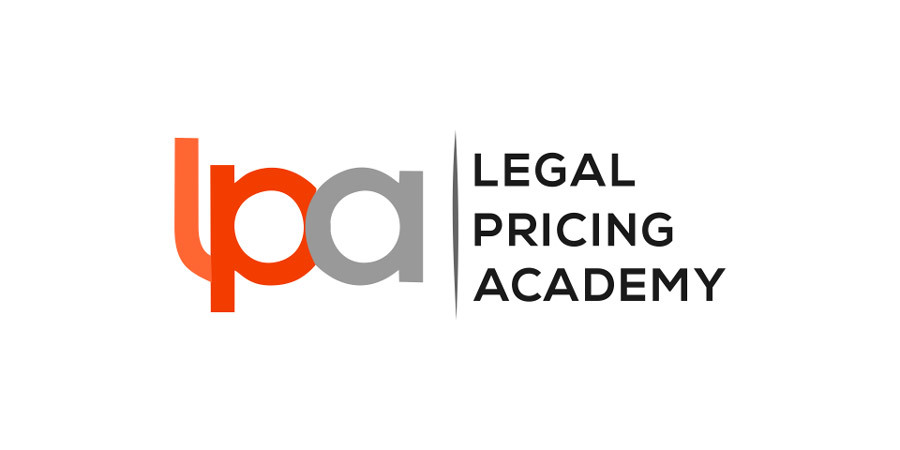Okay, perhaps that’s a little rough, suggesting that clients deliberately conceal their real wishes or are plain dishonest about them, but maybe a fairer description would be mercurial – ‘tending to change mood suddenly’ according to the Concise OED.

This is what went through my mind as I read Roy Strom’s latest article in Bloomberg Law – ‘Quinn Emanuel’s $185 Million Fee is Either a Bargain or Rip-Off’.
And then I began to imagine the kind of conversation that might unfold between Quinn Emanuel Urquhart & Sullivan and their clients for whom they appear to have achieved a stellar result.
‘No, as clients we don’t want to pay for the inefficiency and ineffectiveness inherent in hourly billing. We want value billing – we want to be charged an amount which is broadly commensurate with the value we believe we have received from our outside counsel – until of course it doesn’t suit us. And now it doesn’t suit us. If you think we are going to pay an effective hourly rate of $18,500, you’re nuts.’ We insist on the accountability and transparency that we think hourly billing provides.’
So, clients flip flop between wanting to be billed on the clock or a value billing arrangement depending which one will cost them less. In one sense there is nothing wrong with that. It’s all about informed choice. I can’t lay my hands on the precise reference but many years ago a line from an ABA report on hourly billing etched itself into my psyche and went something like this;
“No matter how it is arrived at, any fee agreed to between a law firm and a commercially sophisticated and informed client not under undue pressure, will in most instances by definition, be a fair fee.”
Good Lord, capitalist acts between consenting adults – how grown up!
Added to which is the sometimes overlooked and boring reality that this is also a basic Contract 101 issue. If the client and the firm agree to an hourly rate structure, that is what should apply. If the client agrees to pay a percentage for a particular result, it is immaterial whether the firm achieved that in 500 hours or 5,000 hours. They must pay the agreed percentage and that is that.
And as we have banged on about ad nauseum for years, ‘time’ is only one of the relevant pricing factors. Under ABA Model Rule 1.5, a practitioner is entitled to take account of a range of considerations, both quantitative and qualitative, in determining what constitutes a fair and reasonable fee from the perspective of both the client and the firm.
The real crime here is clients who seek to rewrite the rules of engagement ex post facto. Imagine if a law firm did that - the howls of outrage and censure that would follow.
So, is it not utterly disingenuous for a client to raise an argument after the result and effort is known, that an extrapolated hourly rate of $18,500, is unreasonable? The client got the result they wanted within cost parameters that they had agreed to. The rest is just smoke and noise.
What a client in those circumstances is trying to do is the legal equivalent of telling the croupier to spin the Roulette wheel at a Vegas casino, and telling them to place the ball in your preferred slot once the wheel has stopped spinning.
As Roy Strom noted, “Quinn Emanuel argues that its fee request is reasonable. It cited the case’s success obtaining every cent the insurers sought, the firm’s work developing the legal theory behind the cases, and the insurers’ agreement to a fee in the 5% range.”
As Herbert Kritzer, a law professor at the University of Minnesota Law School, said for the Bloomberg article, the court’s role in deciding class-action lawyer fees is to protect unsophisticated clients from lawyers requesting runaway payments. He said insurers who entered the agreement with Quinn Emanuel, and the financiers who purchased their claims, “arguably” don’t need the court’s protection.
“These are sophisticated players,” Kritzer said. “The group I am least sympathetic to that complains about fees are sophisticated players who enter into fee agreements.”
Clients frequently talk about wanting their law firms to be more innovative with their pricing, to come up with models that more acutely align the interests of the client with those of the firm. And yet as we too often see, what the client really wants is a series of pricing choices, the lesser of which they will decide on and pay for, after the event.
Little wonder that many firms are reluctant to engage in these sorts of pricing conversations with clients. For this aspect of the relationship to evolve as it surely must, both sides must put in the effort and both sides must engage with integrity.

